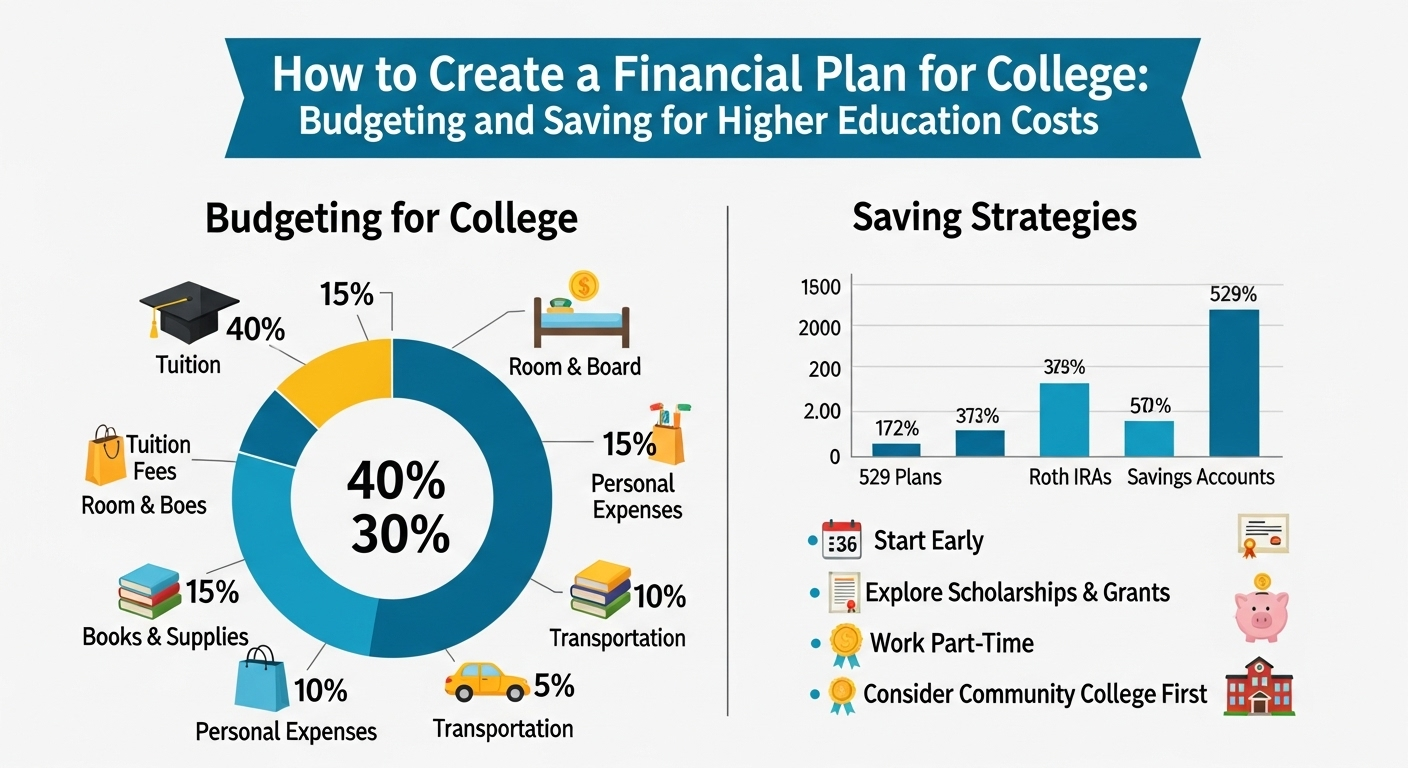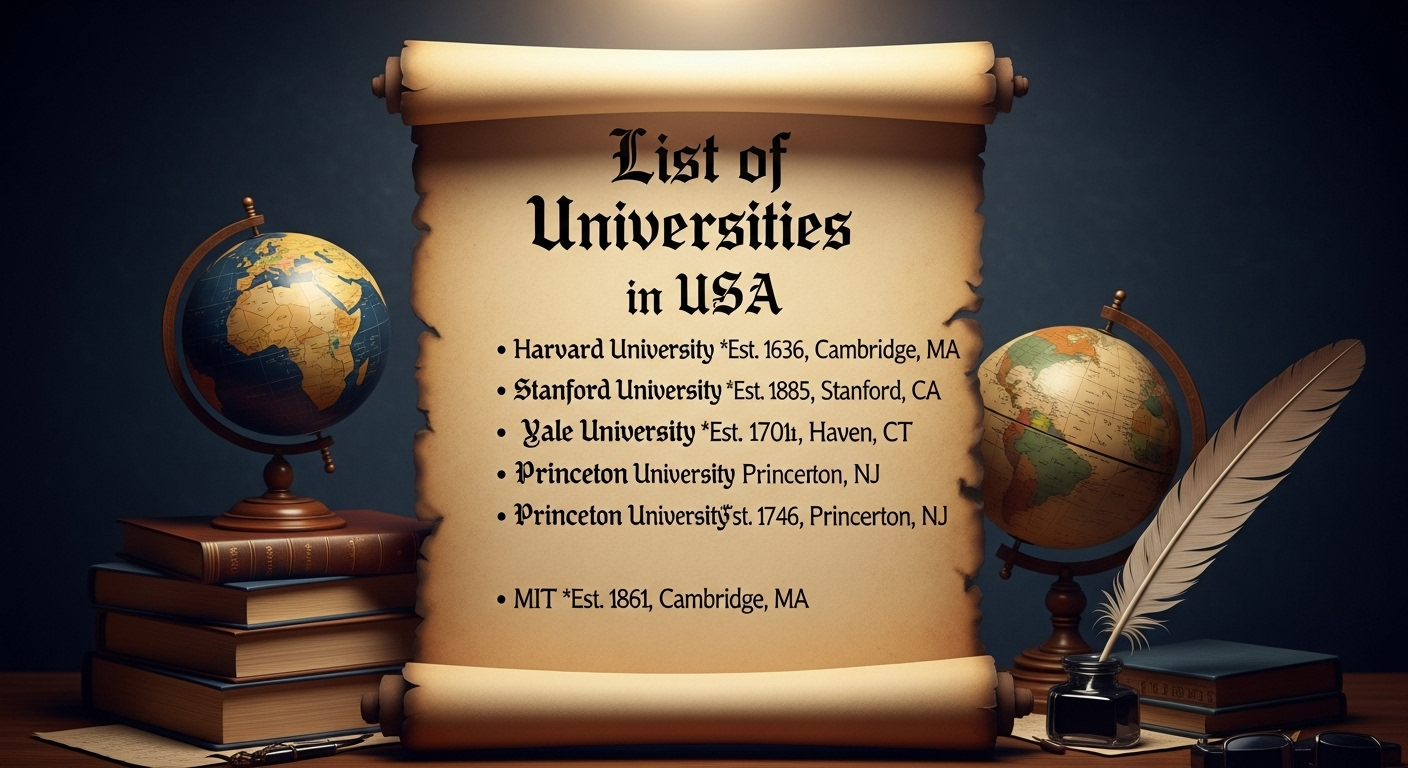
Let’s be honest for a second. The moment your 12th board exams are over, a single question takes over your entire existence, echoed by your parents, your relatives, and every well-meaning neighbor. Which engineering college?
The pressure is immense. It feels like this one decision will define the rest of your life. And in this frantic search for the “best,” we often get lost in a sea of coaching centre rankings, flashy advertisements, and the legendary, almost mythical, tales of the IITs.
I remember this time vividly. It was a dizzying mix of anxiety and ambition. But after going through the process myself and guiding countless others since, I’ve come to realize something crucial. The question isn’t “Which is the best engineering college in India?”. The real question is, “Which is the best engineering college for *me*?”. And those are two very, very different things.
So let’s take a step back from the frenzy. Let’s talk about how to actually navigate this decision, not as a race, but as a strategic choice about your future.
Understanding the Tiers of Engineering Education in India
Before we can choose, we need to understand the landscape. Think of the engineering colleges in India as a pyramid. Everyone wants to be at the top, but there’s incredible value to be found at every level.
Tier 1: The Legends (The IITs and a Select Few)
This is the absolute pinnacle. We’re talking about the older Indian Institutes of Technology, like IIT Bombay, IIT Delhi, IIT Madras, and IIT Kanpur. Getting into these institutions is incredibly difficult and for good reason. It’s not just about the quality of education, which is world-class. It’s about the brand. The tag of being an IITian opens doors you don’t even know exist. The alumni network is powerful, the research opportunities are immense, and you are surrounded by some of the sharpest minds in the country. Also in this tier are institutions like the Indian Institute of Science (IISc) in Bangalore, for those inclined towards research.
Tier 2: The Powerhouses (Top NITs, IIITs, and Premier Private Institutes)
This is where a vast majority of the top engineering talent in the country resides. These are fantastic institutions that are revered across the country. This tier includes the top National Institutes of Technology like NIT Trichy, NIT Warangal, and NIT Surathkal. It also includes top Indian Institutes of Information Technology, with IIIT Hyderabad often being considered on par with the top IITs for computer science. On the private side, this tier is dominated by legendary names like BITS Pilani and Vellore Institute of Technology (VIT), which have earned their reputation through decades of academic excellence and outstanding placements. Graduating from any of these institutions puts you in a very strong position.
Tier 3: The Solid Performers (Good State Government and Private Colleges)
Not everyone can get into the top two tiers, and that is perfectly okay. There are many state-level government engineering colleges and well-established private colleges that offer excellent education and great career opportunities, often with a much lower fee structure. Colleges like Jadavpur University in Kolkata or COEP in Pune are legendary in their own right. The key here is to research the specific department and its placement record within that college. These colleges are often the backbone of the Indian engineering industry.
Beyond Rankings: The Questions You Should Actually Be Asking
Okay, so you have the tiers. But how do you choose between colleges that seem to be at the same level? This is where you need to move beyond just the rank and start thinking about fit.
Branch over Brand, or Brand over Branch?
This is the classic dilemma. Should you take a so-called “lower” branch like Civil or Mechanical Engineering at a top IIT, or should you take Computer Science at a top NIT? There is no right answer here, only a personal one. If you are absolutely passionate about coding and software, taking Computer Science at an NIT is a brilliant choice. But if you’re not sure what you want to do, the IIT brand gives you incredible flexibility. The IIT tag itself becomes a signal of your ability, and many companies will hire you regardless of your branch. Think of it as a personal philosophy. What’s more important to you: the subject you study for four years, or the brand you carry for a lifetime?
Talk About the Money (The ROI Conversation)
Let’s talk about something very practical, Return on Investment. Engineering education can be expensive. While IIT and NIT fees are subsidized, they are not insignificant. Private college fees can be very high. You need to look at the fees and compare them with the average placement package of the college. Don’t be mesmerized by the headline-grabbing “highest package” of one crore. That is an outlier. The “average package” is a much more realistic indicator of what you can expect to earn. A college that costs 20 lakhs in fees but has an average package of 6 lakhs per annum might be a tougher financial decision than a college that costs 6 lakhs with an average package of 12 lakhs. You can often find this data on a college’s official website or in reports from news organizations like Reuters.
Campus Life Matters. A Lot.
You are going to spend four of the most formative years of your life in this place. Don’t underestimate the importance of campus culture, location, and student life. Do you thrive in a bustling metro city or a quiet, self-contained campus? Look at the clubs, the tech fests, the sports facilities. These are the things that build your personality, your network, and your memories. Your engineering degree is important, but your overall development as a person is just as crucial. To think more about personal growth and making the most of your environment, you might find some useful perspectives on sites like Liittle Wonder.
FAQs: The Real Questions You Have
So, does the branch I choose really matter that much in the long run?
Yes and no. It matters immensely if you want to pursue a core technical career in that field. However, in India’s job market, a huge number of engineering graduates from all branches end up in the IT, consulting, and finance sectors. A degree from a top college, regardless of the branch, proves you are smart and hardworking, which is what these sectors are looking for. So, a good branch is great, but a great college offers more flexibility.
Are all private engineering colleges just a business to make money?
That’s a common misconception. While there are certainly many low-quality private colleges, there are also premier private institutions like BITS, VIT, and Manipal that are centers of excellence and are highly respected by employers. You need to research and differentiate between the good ones and the rest. Look for their accreditation, faculty quality, and alumni reviews.
What if I don’t get into any of the top colleges? Is my career over?
Absolutely not. This is so important to understand. A college is a platform, not a destination. You can be incredibly successful coming from any decent college if you work hard, build real skills, actively participate in projects, do internships, and build a strong network. Your college doesn’t define your entire career; your skills and your attitude do. Explore your passions and keep learning, a journey you can get more insight on at Liittle Wonder.
How much importance should I give to NIRF rankings?
The NIRF rankings are a useful starting point, released by the Indian government. They provide a good, data-based indicator of a college’s quality across various parameters like teaching, research, and graduation outcomes. However, they should not be your only source. Use them to create a shortlist, but then do your own deeper research based on the branch you are interested in and the other factors we’ve discussed.









